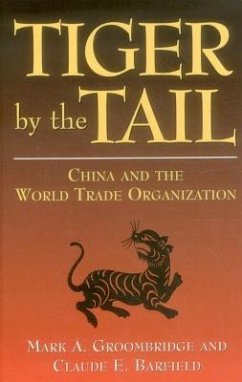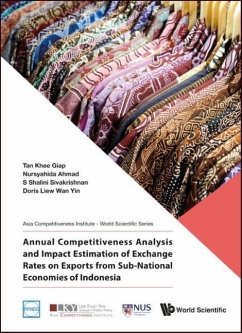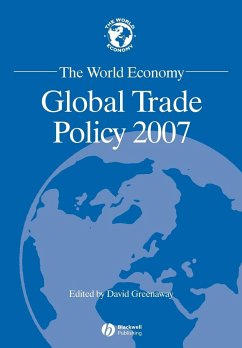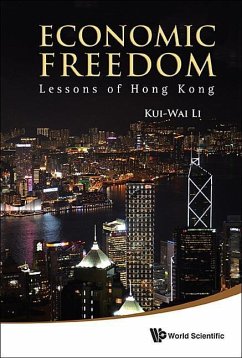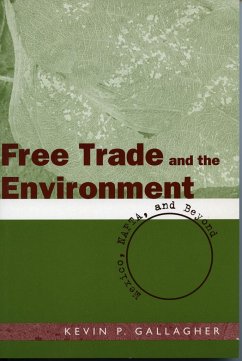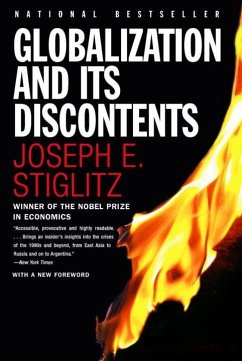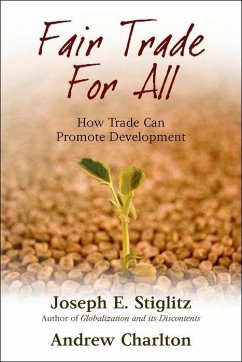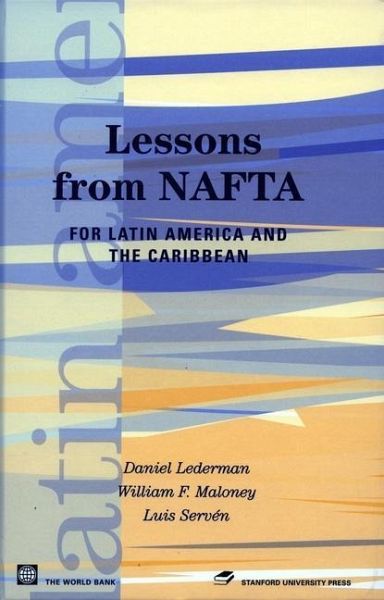
Lessons from NAFTA
For Latin America and the Caribbean
Versandkostenfrei!
Nicht lieferbar
Analyzing the experience of Mexico under the North American Free Trade Agreement (NAFTA), the authors draw lessons for other countries considering free trade agreements with the United States. The authors conclude that NAFTA raised external trade and foreign investment inflows and had a modest effect on Mexico's average income per person. It is likely that NAFTA also helped achieve a modest reduction in poverty and an improvement in job quality. However, major obstacles remain to Mexico's long term development--NAFTA is not enough. The main lesson for other countries is that free trade agreeme...
Analyzing the experience of Mexico under the North American Free Trade Agreement (NAFTA), the authors draw lessons for other countries considering free trade agreements with the United States. The authors conclude that NAFTA raised external trade and foreign investment inflows and had a modest effect on Mexico's average income per person. It is likely that NAFTA also helped achieve a modest reduction in poverty and an improvement in job quality. However, major obstacles remain to Mexico's long term development--NAFTA is not enough. The main lesson for other countries is that free trade agreements offer opportunities to accelerate economic growth, but do not guarantee it.





